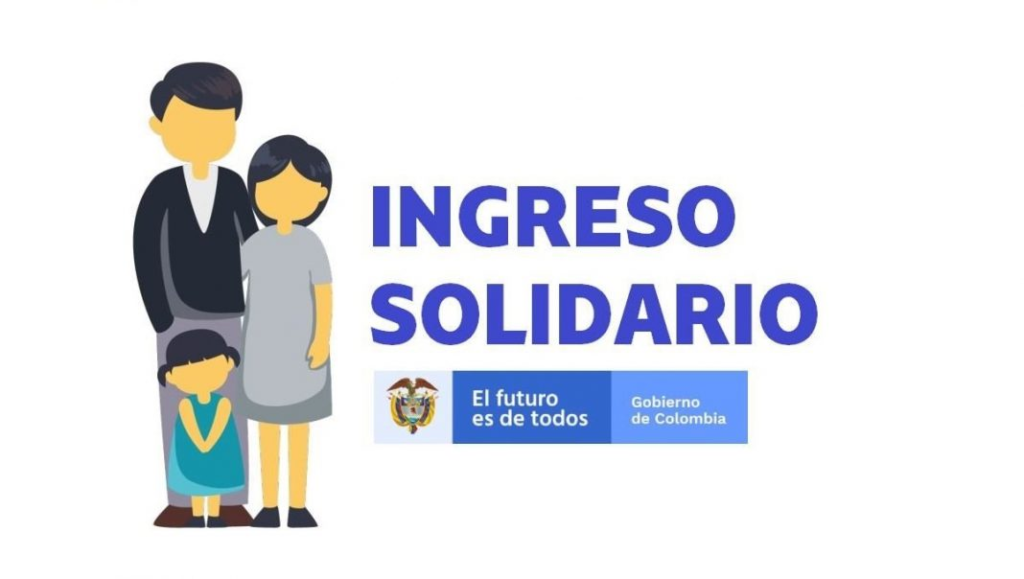The Future of MBA Education: Navigating the 21st Century Business Landscape
Formulario

The Master of Business Administration (MBA) has long been the gold standard in business education. However, as the global business environment continues to evolve, MBA programs are also evolving to meet the changing demands of the economy, technology, and society at large.
The Traditional MBA
Before delving into the future of MBA education, it’s essential to understand what the traditional MBA program looked like. Historical MBAs centered on fundamental aspects of management such as accounting, marketing, finance, and operations. These programs were academically focused on theory and case study resolution.
Yet, as the business world grew more complex and globalized, traditional MBA programs faced criticism. Some argued that MBAs were out of touch with business reality, and graduates were ill-prepared to tackle contemporary challenges.
The Evolution of the MBA
The evolution of the MBA has been a response to these criticisms and the need to prepare business leaders for the 21st century. Some of the key trends in the evolution of MBA programs include:

- Emphasis on Soft Skills: Modern MBA programs place a strong emphasis on soft skills like leadership, effective communication, and change management. These skills are vital in a rapidly changing business environment.
- Technology Focus: The digital revolution has transformed how businesses operate. MBA programs now include courses related to technology, data analytics, and innovation management.
- Globalization: Given the global nature of business, MBA programs have integrated international approaches into their curriculum. This includes opportunities for exchanges, international internships, and global projects.
- Sustainability and Social Responsibility: Growing awareness of sustainability and social responsibility has led to the inclusion of related topics in MBA programs. Business leaders must understand the importance of long-term sustainability.
- Experiential Learning: While theory remains essential, MBA programs have adopted more hands-on approaches. Projects, consulting, and internships are common in modern MBA training.
The 21st Century MBA
The 21st century MBA is a blend of theory and practice. Students not only gain business knowledge but also develop critical skills to face contemporary business challenges. Business education has become more personalized and flexible, allowing students to tailor their learning experiences to their professional goals.
In summary, the MBA has significantly evolved to adapt to a constantly changing business environment. Education is no longer limited to theory but focuses on practical skills, technology, sustainability, and a global perspective. 21st-century MBA programs are designed to prepare future business leaders, equipping them with the tools necessary to succeed in a continuously transforming business world.

Transformando Vidas: El Impacto del Programa de Ingreso Solidario en Colombia 2024
Finance Transformando Vidas: El Impacto del Programa de Ingreso Solidario en Colombia 2024 La pandemia de COVID-19 ha sacudido al mundo entero, dejando a su paso una estela de desafíos económicos y sociales. En Colombia, el impacto ha sido especialmente notable entre...
Mastering Business Administration: Understanding the MBA Degree
Finance Mastering Business Administration: Understanding the MBA Degree In today’s business world, competitiveness is fierce, and the demand for highly skilled and trained professionals is higher than ever. In this context, the Master of Business Administration...

Mastering MBA: Unlocking Corporate Success 2
Finance Mastering MBA: Unlocking Corporate Success 2 SORTEO Nombres @instagram ciudad Correo electronico Genero Genero Hombre mujer prefiero no decirlo Enviar In the ever-evolving landscape of global commerce, businesses are constantly seeking ways to gain a...

The MBA: A Decisive Boost for Employment and Career Advancement #1
Finance The MBA: A Decisive Boost for Employment and Career Advancement #1 ADS Formulario Nombres Apellidos Telefon/celular WhatsApp ciudad Correo electronico Genero Genero Hombre mujer prefiero no decirlo Estado civil Estado civil soltero(a) casado(a) divorsiado(a)...
